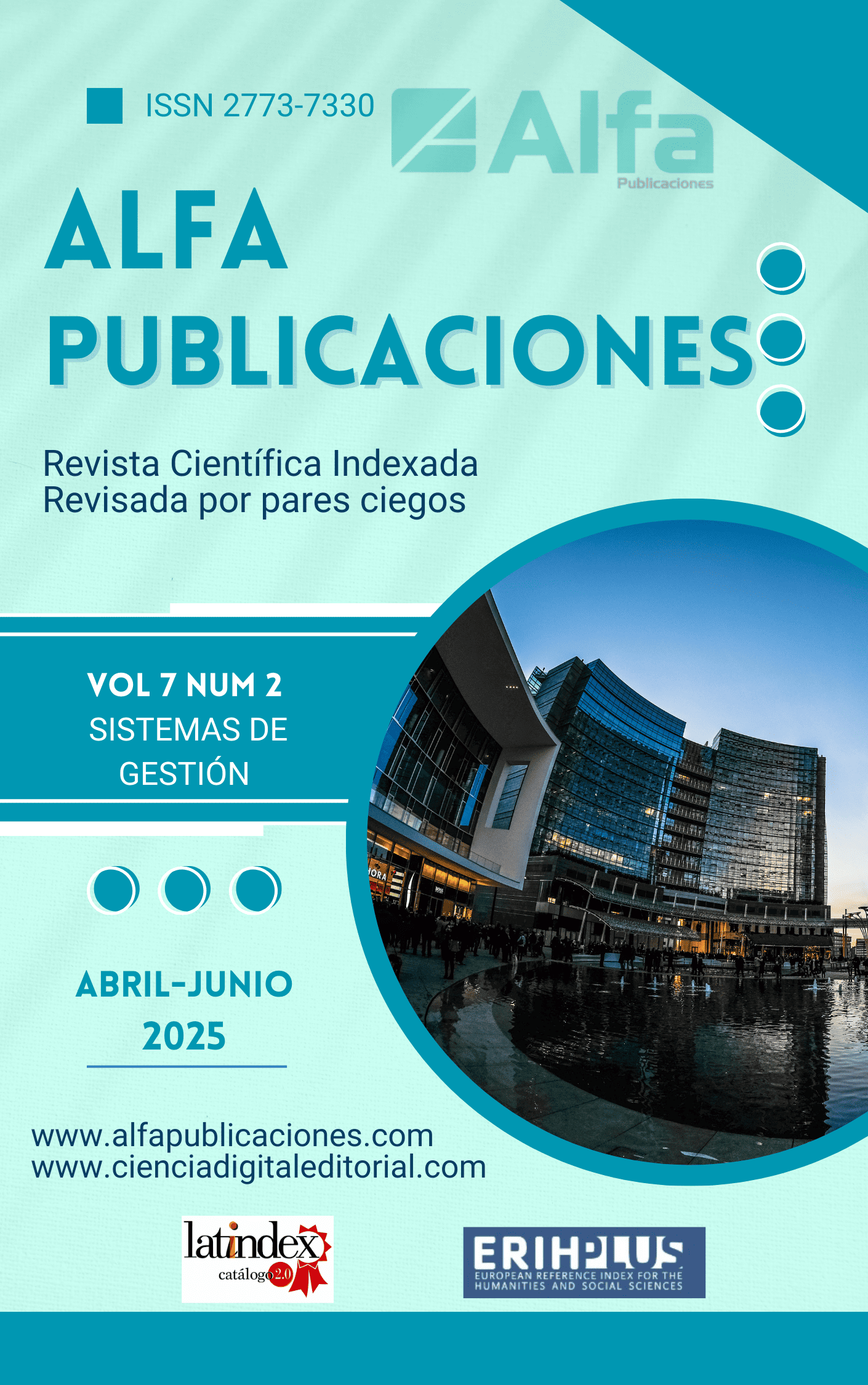Estrategias de gamificación para el proceso enseñanza y aprendizaje de soldadura eléctrica en bachillerato técnico
Contenido principal del artículo
Resumen
Introducción: Los estudiantes de bachillerato a menudo enfrentan dificultades para aprender soldadura eléctrica debido a la complejidad técnica y la falta de conexión con aplicaciones prácticas inmediatas. La estrategia de gamificación puede transformar estas barreras en oportunidades al convertir el aprendizaje en una experiencia interactiva y motivadora. Al integrar desafíos, recompensas y elementos lúdicos, los docentes pueden hacer la materia más dinámica y atractiva, facilitando así la comprensión de conceptos clave y fomentando un mayor compromiso por parte de los estudiantes. Objetivo: Desarrollar estrategias de gamificación que enriquezcan el proceso de enseñanza y aprendizaje de la soldadura eléctrica en el bachillerato técnico. Metodología: El estudio se basó en un diseño cuasiexperimental de post prueba y grupo de control. La muestra consistió en 26 estudiantes de tercero de bachillerato distribuidos en dos grupos predeterminados que conformaron los grupos experimental y de control. Mientras los grupos experimentales fueron expuestos a estrategias de instrucción que incorporaban herramientas de gamificación, al grupo de control se le impartió formación utilizando métodos tradicionales. Para evaluar los resultados, se administraron dos cuestionarios de opción múltiple de 10 preguntas en el post test, diseñados por los autores y validados por expertos. El análisis de las preguntas generales planteadas en el estudio se realizó mediante estadística descriptiva. Además, se emplearon pruebas t independientes y pareadas para comparar las puntuaciones del post test entre los grupos y determinar la presencia de diferencias significativas. Resultados: Los resultados del estudio muestran que la estrategia de gamificación aplicada al grupo experimental fue significativamente más efectiva que el método tradicional utilizado en el grupo de control. Los estudiantes del grupo experimental lograron una mejora promedio de 4,23 puntos entre el pretest y el post test, alcanzando una media final de 8,77/10, mientras que el grupo de control mejoró 3,08 puntos con una media de 7,08/10. Además, todos los estudiantes del grupo experimental dominaron los aprendizajes establecidos por el Ministerio de Educación del Ecuador, mientras que en el grupo de control varios estudiantes quedaron en niveles inferiores. Estos hallazgos confirman que la gamificación facilita la comprensión conceptual y la transferencia de conocimientos en temas técnicos como la soldadura eléctrica. Conclusión: El estudio confirma que la gamificación es una estrategia efectiva para mejorar la enseñanza de la soldadura eléctrica en el bachillerato técnico, superando los métodos tradicionales. Los estudiantes del grupo experimental lograron un desempeño significativamente superior, con un mayor dominio de los aprendizajes, evidenciando que la integración de herramientas interactivas como Genially incrementa la motivación, comprensión y retención del conocimiento. Estos resultados subrayan el potencial de la gamificación para abordar contenidos técnicos complejos y sugieren su aplicación en otros contextos educativos para optimizar los procesos de enseñanza-aprendizaje. Área de estudio general: Educación. Área de estudio específica: Soldadura. Tipo de artículo: original.
Descargas
Detalles del artículo
dssfdsf
dsfdsf

